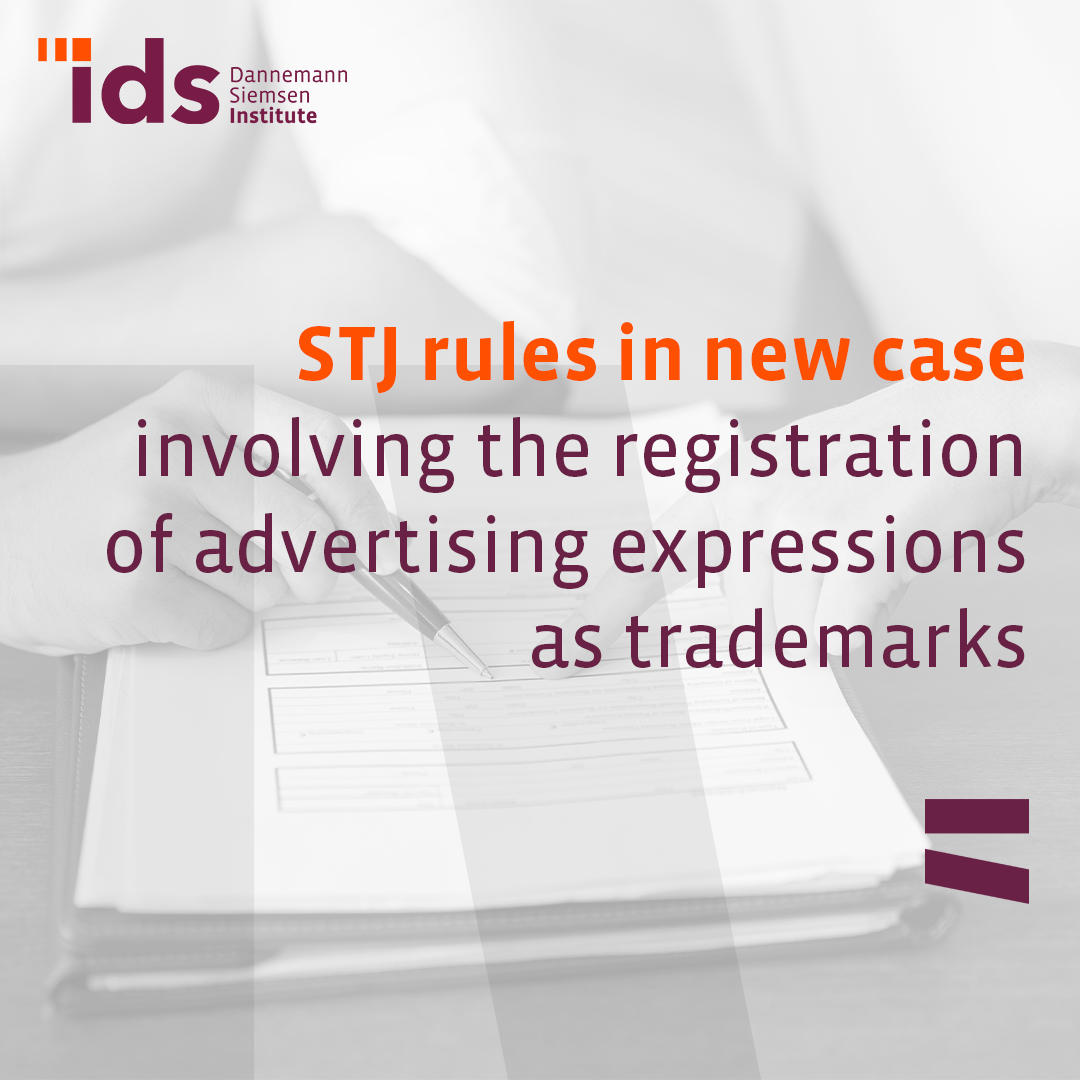24 de outubro de 2024
Share
STJ rules in new case involving the registration of advertising expressions as trademarks
In a decision handed down on August 14, the 3rd panel of the Superior Court of Justice (STJ) unanimously ruled that a cosmetics company could register the advertising expression “Theraskin Harmonia na pele” as a trademark. In the decision, the court ruled in favor of the company and decided that even if the sign consisted, among other elements, of an advertising expression, such a justification would be insufficient to automatically lead to the conclusion that the sign, as a whole, did not meet the necessary requirements to perform the function of a trademark.
In the case, the action was brought by the cosmetics company after its applications for registration of the mixed trademark “THERASKIN Harmonia na pele”, in two international classes, were denied by the National Institute of Intellectual Property (INPI), on the grounds of the prohibition provided for in item VII of article 124 of Law No. 9.279/96 (“sign or expression used solely as a means of advertising”).
The Federal Regional Court of the 2nd Region did not grant the request, agreeing that the expression “Harmony of the skin”, “more than distinguishing the products that the term THERASKIN (the main element of the trademark) is intended to mark (cosmetics and dermatological care products), by highlighting one of their possible qualities, seeks to instill in the consumer the desire to buy, a function proper to advertising”.
In ruling on the Special Appeal, the STJ first interpreted the text of art. 124, item VII of the LPI, which states that “a sign or expression used solely as a means of advertising” cannot be registered as a trademark. Here the court notes that “the solution to the controversy cannot be restricted to the isolated analysis of the sign ‘Harmony in the skin’, otherwise it would be disregarded that this expression is only one of the elements of the applicant’s trademark, which, due to its mixed nature, brings together other nominative and figurative elements capable of conferring distinctiveness”. In this sense, the court also argued that both the express text of Law 9.279/96 and the doctrine and technical guidelines of the INPI itself “conclude that the prohibition on registration falls on those signs used only/exclusively as a means of advertising”.
The 3rd Panel then commented further on the matter in accordance with the INPI’s Trademark Manual, which states that “the application of item VII of art. 124 of the LPI must be judicious, being applied only when the exclusive advertising nature of the sign is evidenced”. Furthermore, as stated in the decision, “it is considered that the prohibition falls on those expressions used only as a means of recommending, highlighting and/or evidencing the product or service that will be identified by the sign applied for as a trademark”. From this, the court rationalizes that “although the trademark set does contain an element with an advertising purpose (represented by the expression ‘Harmony on the skin’), this does not prove to be decisive in characterizing the trademark in question solely as an advertising sign, especially given the presence of other nominative and figurative elements capable of giving it the necessary distinctiveness”.
Finally, the STJ granted the cosmetics company’s request and recognized the possibility of registering the trademark. However, the court pointed out that the company could not be granted exclusive rights to the isolated use of the expression “Harmony on the skin”, since its configuration as an advertising sign makes it unappropriable, and it is necessary to apostille this restriction.
The decision can be accessed via the link: REsp nº 2105557 – RJ
Note: For quick release, this English version is provided by automated translation without human review.
